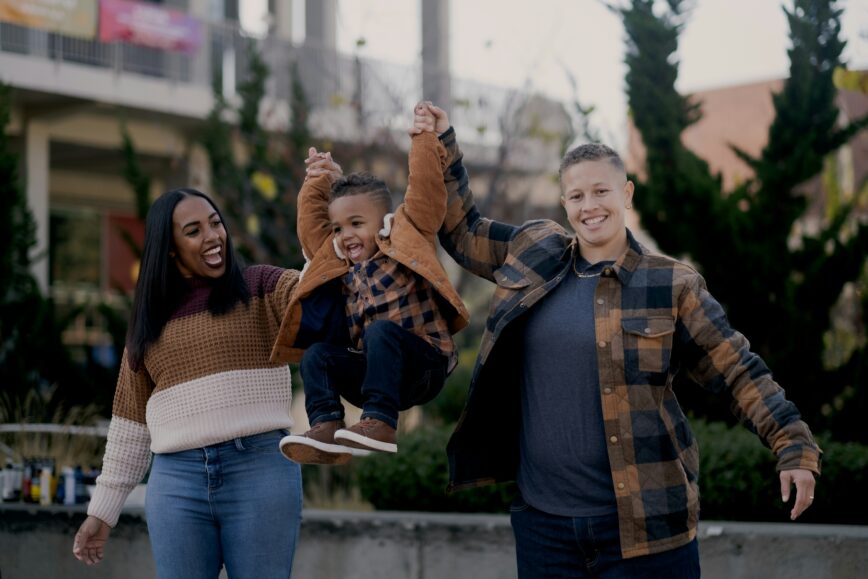
Understanding Couples Therapy
Couples therapy is a form of counseling designed to help partners improve their relationship. It provides a safe space for couples to explore their emotions, communication styles, and relationship dynamics. Whether facing specific challenges or seeking to enhance overall connection, therapeutic support at Jade Therapy Kansas City can offer valuable tools and insights.
The Importance of Therapeutic Support for Couples
Often when couples seek therapy, it’s because things aren’t working. The feelings of disconnection, apathy, anger or resentment may have become the major players in the relationship, and feelings of connection and intimacy seem like a memory. Good news: things can improve. Through working collaboratively to discover needs, desires, and hurts, each person can grow in their understanding of self and in turn grow closer to their partner.
1. Improving Communication
Effective communication is the cornerstone of any healthy relationship. Couples therapy helps partners identify and understand their communication styles, enabling them to express thoughts and feelings more openly and honestly. A therapist can teach techniques for active listening and constructive feedback.
2. Navigating Conflict
Every relationship experiences conflict, but how couples handle disagreements can make a significant difference. Therapy provides strategies for conflict resolution, helping partners address issues in a constructive manner rather than resorting to harmful patterns like criticism or stonewalling.
3. Understanding Relationship Dynamics
Therapy can help couples uncover underlying patterns in their relationship dynamics, such as roles and behaviors that may contribute to ongoing issues. Understanding these patterns allows partners to make conscious changes and foster a healthier relationship.
4. Enhancing Emotional Intimacy
Emotional intimacy is crucial for a strong partnership. Couples therapy encourages vulnerability and deeper emotional connections, helping partners share their fears, desires, and needs in a supportive environment. This process can lead to greater understanding and bonding.
5. Addressing Past Issues
Sometimes, unresolved issues from the past can affect a current relationship. Therapy provides a space to explore these past experiences, whether they relate to previous relationships, family dynamics, or individual traumas. Addressing these issues can help partners move forward more effectively.
6. Supporting Life Transitions
Major life changes—such as marriage, parenthood, job changes, or relocation—can impact relationships. Couples therapy can help partners navigate these transitions together, fostering adaptability and mutual support during challenging times.
7. Building a Stronger Foundation
Therapy can strengthen the overall foundation of a relationship, equipping couples with tools to handle future challenges. By enhancing communication, emotional connection, and conflict resolution skills, partners can create a more resilient and satisfying relationship.
Types of Therapeutic Support for Couples
- Individual Therapy: Sometimes, individual work is necessary to address personal issues that may impact the relationship. This can complement couples therapy.
- Couples Therapy: Focuses on the relationship as a whole, exploring dynamics, communication, and emotional connection.
- Pre-Marital Counseling: Helps couples prepare for marriage by discussing important topics such as values, goals, and expectations.
- Support Groups: Provides a space for couples to connect with others facing similar challenges, fostering community and shared experiences.
Conclusion
Therapeutic support for couples is a powerful tool for enhancing relationships and navigating challenges. Whether you’re dealing with specific issues or seeking to strengthen your connection, therapy can provide valuable insights and strategies. Remember, seeking help is a proactive step toward building a healthier, more fulfilling partnership. With the right support, couples can foster deeper connections, improve communication, and create a resilient foundation for the future. You don’t have to face relationship challenges alone—help is available to guide you on this journey together.